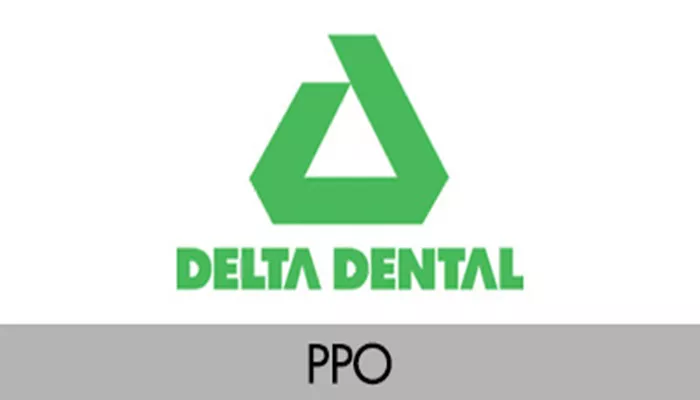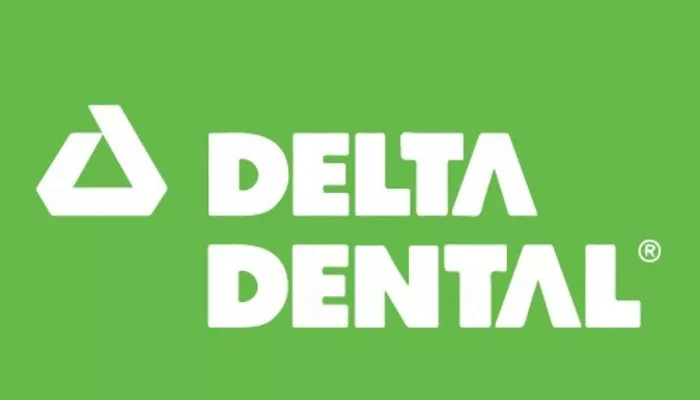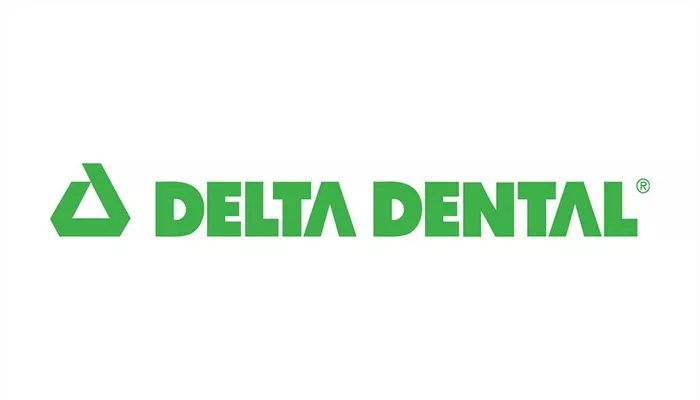delta dental coverage
Delta Dental provides a variety of dental insurance plans with different levels of coverage to meet the needs of its members. Their coverage options include:
1.Preventive Care: Delta Dental covers a wide range of preventive services, such as routine check-ups, cleanings, and X-rays. Preventive care is typically covered at 100%, meaning members do not pay for these services when using a network dentist.
2.Basic Services: Basic dental services, including fillings, extractions, and some types of root canals, are usually covered at a lower percentage, such as 80%. Coverage may vary depending on the specific plan chosen.
3.Major Services: More complex dental procedures, like crowns, bridges, dentures, and oral surgeries, are generally covered at a lower rate, such as 50%. Members should expect to share in the cost of these treatments.
4.Orthodontic Coverage: Many Delta Dental plans also include orthodontic coverage, which can help cover the costs of braces or other orthodontic treatments. However, coverage for orthodontics may be limited to specific age groups or have lifetime maximums.
delta dental benefits
Delta Dental offers several benefits that make it an attractive option for dental insurance. Some of the key benefits include:
1.Extensive Network of Providers: One of Delta Dental’s major advantages is its large network of participating dentists. With over 150,000 dentist locations across the United States, Delta Dental members have access to a wide range of dental care providers, ensuring that quality care is easily accessible.
2.Flexible Plans: Delta Dental offers multiple plan options for individuals and families, including PPO, HMO, and DHMO plans. These plans provide varying levels of coverage, so you can choose one that best suits your budget and dental care needs.
3.No Waiting Periods: In many cases, Delta Dental doesn’t impose a waiting period for preventive and basic care, meaning you can start receiving coverage as soon as your plan is effective.
4.Easy Access to Information: Delta Dental’s user-friendly website and mobile app allow members to easily find in-network providers, check the status of claims, and access their plan benefits. This transparency makes it easier for members to manage their dental care and expenses.
5.Additional Services: Some plans also offer coverage for services such as teeth whitening, dental implants, and other elective procedures, which are not typically covered under basic plans.
delta dental provider
Delta Dental works with an extensive network of dental care providers. These include general dentists, orthodontists, periodontists, oral surgeons, and other dental specialists. There are two main types of Delta Dental networks:
1.Delta Dental PPO Network: The PPO (Preferred Provider Organization) network allows members to visit any dentist, but they receive the highest benefits when they choose a dentist in the PPO network. Out-of-network dentists may result in higher out-of-pocket costs for members.
2.Delta Dental Premier Network: The Premier network is another option, where members can access a broad network of dentists, though the benefits and coverage may vary compared to the PPO plan. Delta Dental Premier typically offers lower out-of-pocket costs for in-network visits compared to out-of-network care.
3.DeltaCare USA Network (HMO): For those looking for an HMO-style plan, DeltaCare USA is available. This plan requires members to select a primary care dentist who will coordinate all of their dental care. This can result in lower premiums but comes with less flexibility in choosing dental care providers.
You can easily find a Delta Dental provider by visiting the Delta Dental website and using their online search tool, which allows you to search by location and dentist type.
delta dental cost
The cost of Delta Dental plans varies based on several factors, including:
1.Type of Plan: PPO and HMO plans typically have different pricing structures. PPO plans may have higher premiums but offer more flexibility in choosing providers, while HMO plans generally have lower premiums but require you to stay within a specified network of dentists.
2.Geographic Location: The cost of dental insurance can vary depending on where you live. Plan premiums and out-of-pocket expenses may be higher in some states or regions due to local dental care costs.
3.Plan Type and Coverage Level: More comprehensive plans that cover major services like crowns or orthodontics may have higher premiums. However, these plans can help offset the cost of expensive procedures.
4.Employer-Sponsored Plans: If your employer offers Delta Dental, your premiums may be subsidized, reducing your out-of-pocket cost. Group plans often have more affordable rates compared to individual coverage.
5.Family vs. Individual Plans: Family plans tend to cost more than individual plans, though they often offer a better value for households with multiple people needing dental care.
It’s important to compare Delta Dental plans and their costs to ensure that the one you select fits both your dental care needs and budget.
FAQs about Delta Dental
1.How do I pay for my plan?
When you enroll in an individual Delta Dental plan, you can pay your premium directly to Delta Dental. We accept the following payment methods: bank account debit (also known as Automated Clearing house or ACH), credit card and check.
You can also set up autopay with your bank or credit card.
2.Can I waive the waiting period?
In certain cases, a waiting period will be waived if a comparable dental insurance plan was terminated in the 30 to 60 days prior to the effective date of your new plan, but your former dental plan must include very similar coverage.
3.Who do you cover?
We’ve been in business for nearly 70 years and have flexible dental coverage solutions for every type of client: small, mid-size and large businesses. Delta Dental covers 89 million enrollees nationwide.






